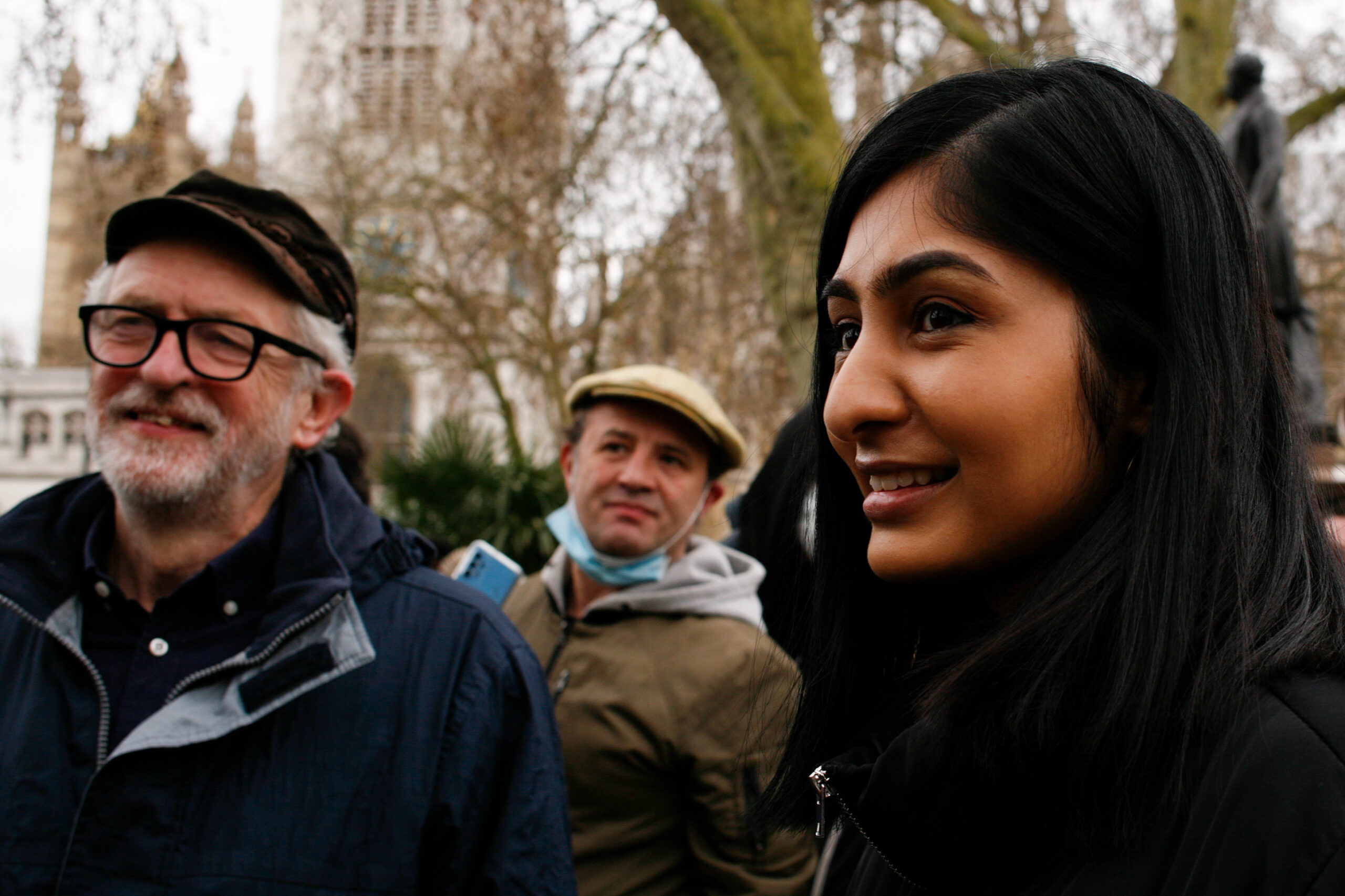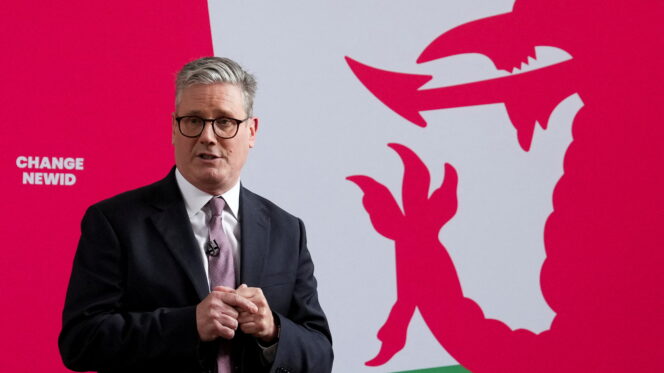It’s Your Party, and I’ll Cry If I Want To
Why all the drama? It’s complicated.
by Ash Sarkar
31 October 2025

This week, briefings popped up in The Guardian suggesting that Your Party was about to launch legal action against MoU Operations Ltd over claims it had deliberately withheld £800,000 that properly belonged to the party. MoU was set up in April by former Labour MP Beth Winter, ex-Tyneside mayor Jamie Driscoll, and South African former politician Andrew Feinstein, with the goal of supporting a coalition of independent MPs and councillors.
Just in case you’re counting, this takes us up to three public threats of legal action amongst senior Your Party figures since mid-September.
On Thursday, Winter, Driscoll, and Feinstein resigned their directorships of MoU Operations Ltd, publishing a scathing letter, and announcing that Zarah Sultana (independent MP for Coventry South, one-time co-leader of Your Party, and now, at least formally, a mere party member) would take over as sole member and director.
This means that Your Party has ended up in the invidious position of having one of its members control hundreds of thousands of pounds of its money. Sources close to Sultana have said this situation is temporary, and that the funds will be transferred to Your Party as soon as possible.
Why all the drama? It’s complicated, with many acronyms and committees involved, but the basics go like this: Over the summer, with the new party birthing process snarled up in factional paralysis and indecision, Sultana unilaterally announced the launch of Your Party, and said that she and Jeremy Corbyn would be co-leaders.
Though the two co-leaders eventually started singing from the same hymnbook, vicious backroom operations (including hostile press briefings, private recriminations, and noxious vibes in the group chat) indicated a dramatic breakdown of trust.
For a while, at least in public, things seemed to be going well. Your Party attracted hundreds of thousands of sign-ups to its mailing list, the Labour party couldn’t stop shooting itself in the foot, and the allocation of party data to one side (Corbyn/Peace and Justice Project), and party donations on the other (MoU, seen to be more politically sympathetic to Sultana) seemed to strike a delicate balance of power.
But a new rift was emerging, this time between Sultana and the four pro-Gaza independent MPs. Though they had backed her for co-leader, they were reportedly deeply unhappy with her having gone public about the launch without any warning.
Factional conflict began to play out in public, in the guise of political debate. Should landlords and those seen to hold transphobic views be welcome in Your Party? Did Jeremy Corbyn do enough as Labour leader to defend the left against accusations of antisemitism? Were Sultana’s political red lines alienating to the voters Your Party needed to attract?
Though these are important matters of principle and strategy, it’s also easy to see how they were an expression of tension behind the scenes; Sultana began to feel isolated, and thus the unauthorised membership launch was born.
The catalysing event was that Corbyn’s team, without Sultana’s approval, formed an interim executive led by allies of Karie Murphy, Corbyn’s former chief of staff, and announced plans for a founding conference. Sultana suspected this move was intended to give Murphy’s faction control over finances and membership data. In response, her team independently launched a separate membership system managed by her allies, prompting Corbyn and other MPs to denounce it as an “unauthorised email” and advise supporters to cancel any payments.
The dispute quickly escalated: Sultana accused her colleagues of running a “sexist boys’ club” and named Murphy directly, while later instructing defamation lawyers. Meanwhile, Your Party referred itself to the Information Commissioner’s Office. By the end of the week, Sultana’s membership platform had been taken offline following complaints of possible fraudulent activity. From having been nominal co-leader, she now found herself bumped down to party member.
Which is where the present predicament of the MoU comes in. Your Party, effectively now controlled by Corbyn and his allies, wanted the data and money controlled by the MoU – but they didn’t want to take on the potential legal liabilities that came from the unauthorised launch. That’s not really how it works: companies can’t just transfer personal data or funds willy-nilly, and you can’t take on a company without taking on its liabilities. But, according to The Canary, Your Party sources briefed journalists that “the money is being held on to for political leverage”, something Winter, Driscoll and Feinstein all categorically deny.
How does this affect the politics of Your Party? Sultana has seen a dramatic reversal of fortunes. The unauthorised membership launch blew up in her face, but Your Party’s all-out assault on the MoU has put a degree of hard power back in her hands. Corbyn, meanwhile, has announced that he’s doing a Christmas panto. Though Sultana has no constitutional leadership role in Your Party, she’s the one out doing media, laying out the party’s political stall (leave Nato, cut diplomatic ties with Israel, etc etc).
Is that a good thing? Your Party members will be relieved to have something concrete to fight on. But there’s been no democratic process to decide what are effectively party lines. What’s more, some of her posting on personal accounts has leaned into the language of self-aggrandisement. One Instagram post from this week stated that encouraging her to join the Greens was “middle-class entitlement”, and that as “a Muslim woman of colour” who experiences death threats, she didn’t need anyone to explain the threat of Reform to her. There’s a line between drawing on one’s own experiences to shape your analysis, and weaponising one’s own identity in order to shut down debates on political strategy.
Fractious, back-biting, unstrategic: so far, Your Party has managed to recreate the Labour party in all but scale. But that isn’t to say there aren’t signs of life. A bevy of Scottish Greens, including councillors and high-profile activists, defected to Your Party last week. Regional assemblies are set to get underway, and those will be a test of how vibrant and engaged the party membership really is. Zack Polanski has transformed the Greens into a party capable of threatening Labour in the polls, but there remains an appetite for a socialist party – not just a party that’s friendly to socialists.
Ash Sarkar is a contributing editor at Novara Media.


